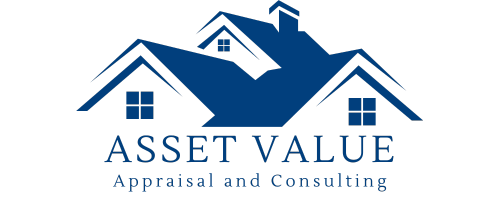Revised 05/15/2009 from Florida Department of Health
Please recognize the following answers are based on the best available information and are subject to periodic review and revision as the Department of Health (DOH) continues to research the issues. Please check back often to rewiew additional questions/answers and revisions.
How can I tell if my home or me home I wish to purchase has problem drywall?
The presence of drywall imported from China in a home is not considered to be the primary problem: instead the Florida Department of Health (DOH) suggests people focus on the occurrence of premature and severe copper corrosion. DOH developed a case definition and a user friendly step by step self-assessment guide so that a homeowner or inspector can determine if their home has the signs typically found in homes with this problem. The most definitive way to determine if drywall in a home is imported from China is to locate ‘Made in China’ markings on the back of a sheet of drywall. This is likely to require the cutting of holes in the drywall.
During our inspection of several homes DOH staff observed some drywall in homes with either no discernable markings or markings with no indiaation of the origin of manufacturer. The origin of unmarked or nondescript marked drywall is unknown. DOH observed that many homes contained a mixture of Chinese drywall and drywall marked as made in USA. Remember that we do not know how many sheets of the suspect drywall can cause problems. DOH staff did observe at least one home with marked Chinese drywall that showed none of the associated corrosion or odor problems.
Does this phenomenon pose a health hazard to me, my children, or pets?
This is undetermined at this time. DOH has not identified data suggesting an imminent or chronic health hazard at this time. DOH will continue to review all available data to help determine a more definitive answer to this question.
Will the Health Department sample and test my home for corrosive gasses or for the presence of chinese drywall?
At this time DOH cannot visit most homes to collect air or material samples for analysis. However, DOH is proceeding with a study on a few selected homes to better understand the phenomenon and occupant exposures in homes with this problem. This evaluation will occur over the next couple of months in conjunction with the US Environmental Protection Agency (EPA). As the results are available, we will post findings and updated guidance on this website.
Is there a test for “Chinese drywall”?
At this time we are unaware of any state or federal agency that has validated a specific test for drywall to determine if it will emit corrosive gases in a building under normal conditions. Currently, we can only recommend a visual assessment following our step by step self assessment guide for problem drywall. Private laboratories, consultants and government agencies have been testing drywall in order to understand the differences between American and imported drywall. We know of no one who has validated a test capable of detecting drywall that emits reduced sulfur gases under the same conditions that occur in the homes that are currently exhibiting copper corrosion. We all look forward to peer-reviewed and published procedures that meet this need.
Will you tell me which builder or community has imported drywall?
This is a defective materials issue and not a specific builder or community issue at this time. The best method of determining it a building is impacted is to use our case definition and/or our step by step self assessment guide.
Is the Chinese drywall radioactive?
Testing of the drywall for radiation demonstrated very low levels of the kind of radiation you would expect from materials derived from rocks. This radiation is part of the natural background level in our environment. We have posted our radiological analysis report (76 KB POF) for your information. For additional information regarding radiation, please review our radiation: questions and answers document (348 KB PDF).
Who can evaluate, repair, remediate or fix my home for this issue?
Environmental consultants, licensed plumbers, electricians, air-conditioning contractors, mechaniaal contractors and drywall contractors, home inspectors, your builder. electrical engineers, heating, ventilation and air-conditioning engineers, industrial hygienists, building scientists to name a few. Be advised that each group will bring with them their own specialized expertise and experience and will likely be conducting a visual inspection for the presence of metal corrosion.
